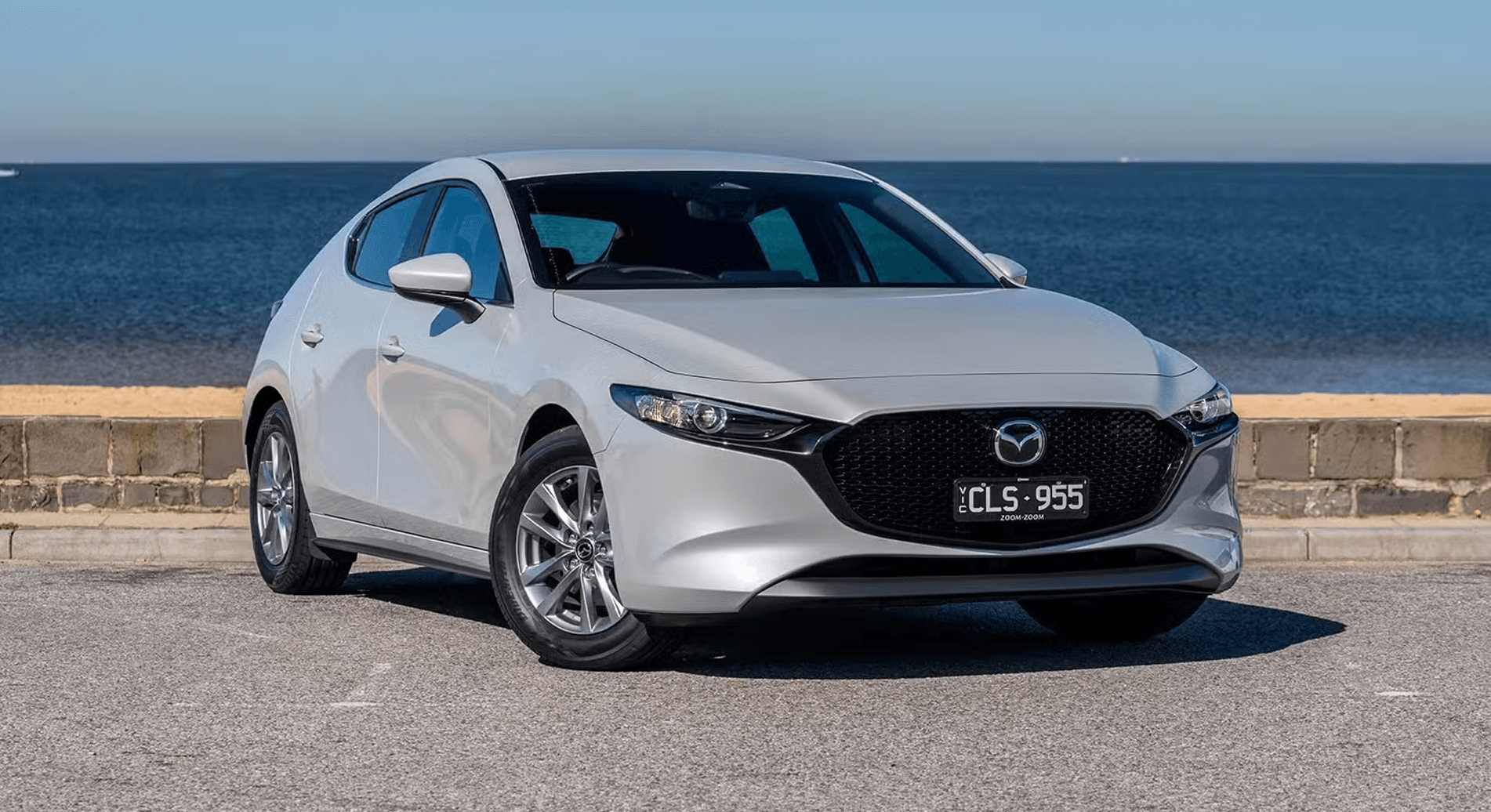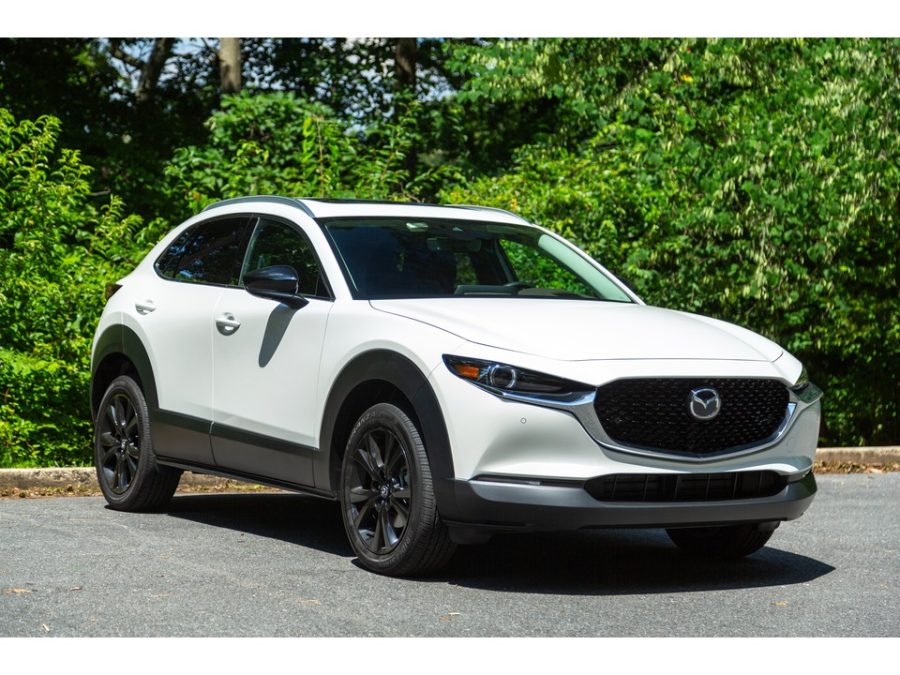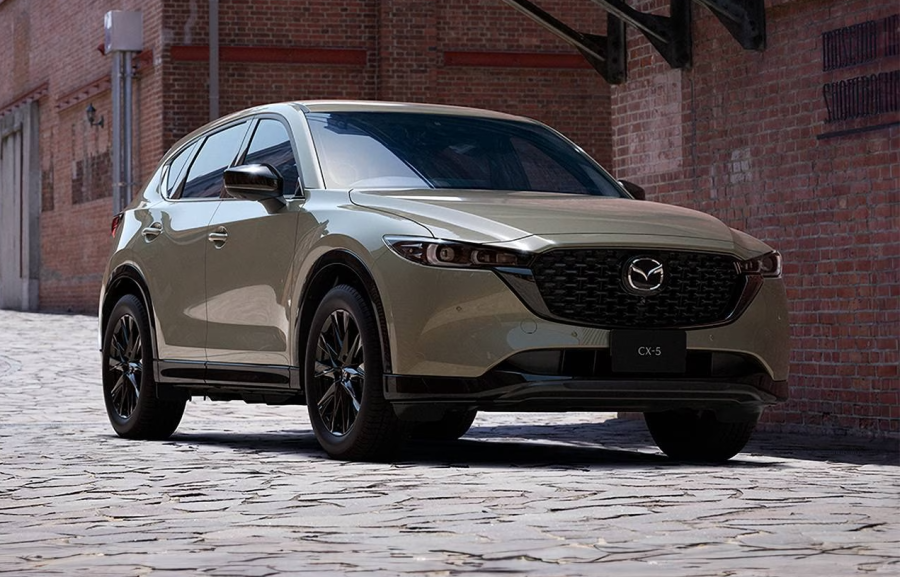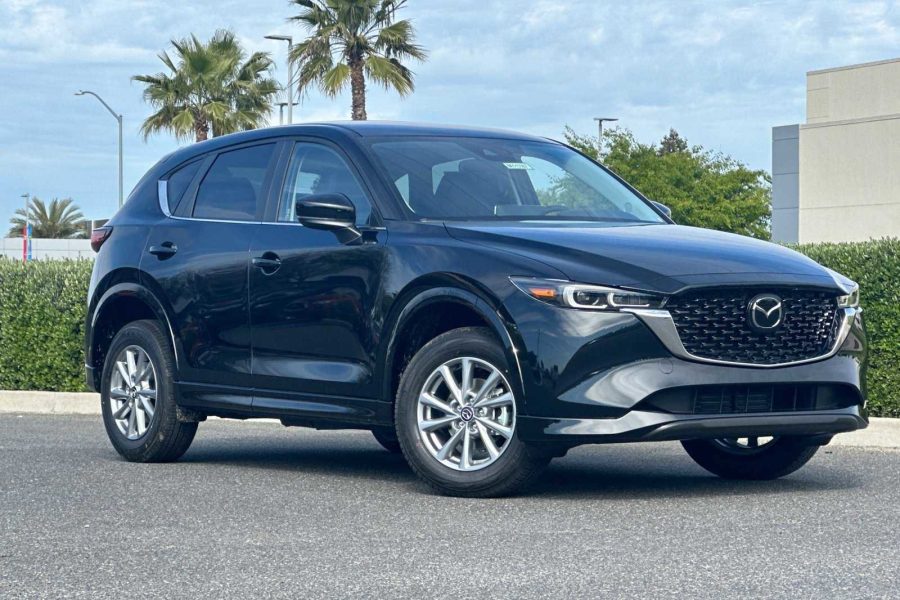
Factors Affecting Car Prices in the UAE: A Detailed Analysis
The United Arab Emirates (UAE), a nation synonymous with opulence and innovation, has cultivated a unique automotive market characterized by its eclectic mix of luxury vehicles and economic models. The intricate variables influencing car prices in UAE are manifold, encompassing economic indices, import regulations, consumer predilections, and the geopolitical milieu. This article delves into the convoluted dynamics that underpin the automotive market in the UAE, elucidating the multifaceted factors that precipitate fluctuations in car prices. Understanding these factors is crucial for stakeholders, including manufacturers, dealers, and consumers, as it provides insights into market trends and potential future developments.

Economic Factors and Their Implications
Oil Prices and Economic Cycles
Economic stability and growth are paramount in determining car prices in the UAE. The country’s economic landscape, heavily influenced by the oil industry, plays a pivotal role in shaping consumer purchasing power and market demand. Fluctuations in global oil prices can have a cascading effect on the UAE’s economy, subsequently impacting car prices. During periods of economic prosperity, characterized by high oil prices, consumer confidence typically surges, leading to an increased demand for luxury vehicles. Conversely, economic downturns can result in a diminished appetite for high-end cars, prompting a shift towards more affordable models.
Inflation and Currency Exchange Rates
Inflation and currency exchange rates are also critical determinants. The UAE dirham is pegged to the US dollar, meaning fluctuations in the dollar’s value can affect import costs, subsequently influencing car prices. Moreover, inflationary pressures can increase the cost of manufacturing and importing vehicles, further exacerbating price volatility.

Regulatory Framework and Import Policies
Import Duties and Taxes
The regulatory environment in the UAE significantly impacts car prices. Import duties, value-added tax (VAT), and compliance with stringent emission standards are pivotal factors. The UAE imposes a 5% import duty on vehicles, and a 5% VAT on sales, both of which directly contribute to the overall cost of cars. Additionally, the nation’s commitment to environmental sustainability has led to the implementation of rigorous emission standards, necessitating technological advancements in vehicles. These advancements, while beneficial for the environment, can increase production costs, which are then reflected in car prices.
Restrictions on Used Car Imports
Furthermore, the UAE’s regulations regarding the importation of used vehicles are stringent. Imported used cars must adhere to specific criteria, including mileage limits and age restrictions, to ensure they meet the country’s safety and emission standards. These regulations can limit the availability of cheaper used cars, thereby maintaining higher average car prices.
Consumer Preferences and Market Segmentation
Luxury Vehicles and Affluent Consumers
The diverse demography of the UAE, encompassing both affluent expatriates and local citizens, results in a heterogeneous automotive market with varying preferences. Luxury vehicles from renowned brands such as Mercedes-Benz, BMW, and Lexus are highly coveted among the affluent segments of society. This demand for luxury and performance vehicles ensures that high-end car prices in the UAE remain elevated.
Economic Models and Middle-Income Demand
On the other hand, the demand for economical and reliable vehicles among the middle-income population is robust. Brands such as Toyota, Nissan, and Hyundai cater to this segment by offering models that are both cost-effective and efficient. The dichotomy between the demand for luxury and economic vehicles creates a stratified market where car prices are influenced by consumer segmentation.

Geopolitical Influences and Market Stability
Regional Conflicts and Trade Embargoes
Geopolitical stability in the Middle East is an overarching factor that can significantly affect car prices in the UAE. Regional conflicts, trade embargoes, and diplomatic relations all play a role in shaping the automotive market. For instance, the imposition of trade sanctions on neighboring countries can disrupt supply chains, leading to shortages and increased car prices.
Global Trade Dynamics
Additionally, the UAE’s strategic position as a trade hub means that it is susceptible to fluctuations in global trade dynamics. Trade wars, international tariffs, and shifts in global economic policies can have a profound impact on the availability and cost of imported vehicles. The UAE’s reliance on international trade for its automotive needs makes it vulnerable to such geopolitical shifts, further complicating the landscape of car prices in the UAE.
Technological Advancements and Market Evolution
Electric Vehicles and Sustainability Initiatives
The advent of new technologies in the automotive industry has a dual impact on car prices in the UAE. On one hand, technological innovations such as electric vehicles (EVs), advanced driver-assistance systems (ADAS), and autonomous driving capabilities can command a premium, driving up the prices of technologically advanced cars. The UAE has shown a keen interest in promoting sustainable and innovative automotive technologies, as evidenced by initiatives aimed at increasing the adoption of EVs and reducing carbon emissions.
Economies of Scale and Cost Reduction
Conversely, the widespread adoption of these technologies can eventually lead to economies of scale, reducing production costs and making advanced vehicles more accessible to a broader audience. However, the initial investment in research and development, as well as the infrastructure required to support new technologies, can keep car prices elevated in the short term.
Conclusion
In summation, the intricacies surrounding car prices in the UAE are multifarious and interwoven with a plethora of economic, regulatory, consumer-driven, geopolitical, and technological factors. The nation’s economic dependence on oil, coupled with its stringent regulatory framework and diverse consumer base, creates a dynamic automotive market where car prices are subject to continuous fluctuation. Geopolitical stability and technological advancements further add layers of complexity to the market, making the prediction of car prices in the UAE a formidable endeavor. As the UAE continues to evolve and adapt to global trends, the automotive market will undoubtedly witness further transformations, with car prices reflecting the ever-changing landscape of this vibrant nation.

With over a decade of writing obituaries for the local paper, Jane has a uniquely wry voice that shines through in her newest collection of essays, which explore the importance we place on legacy.

